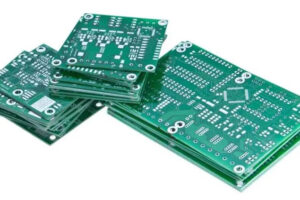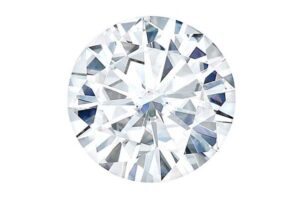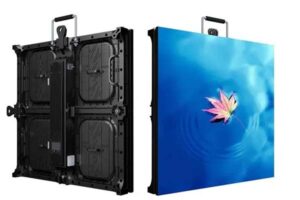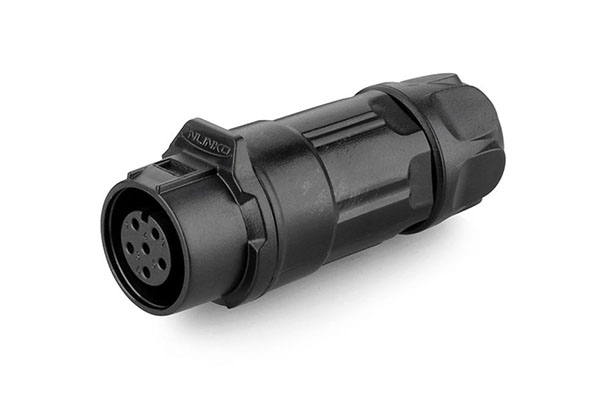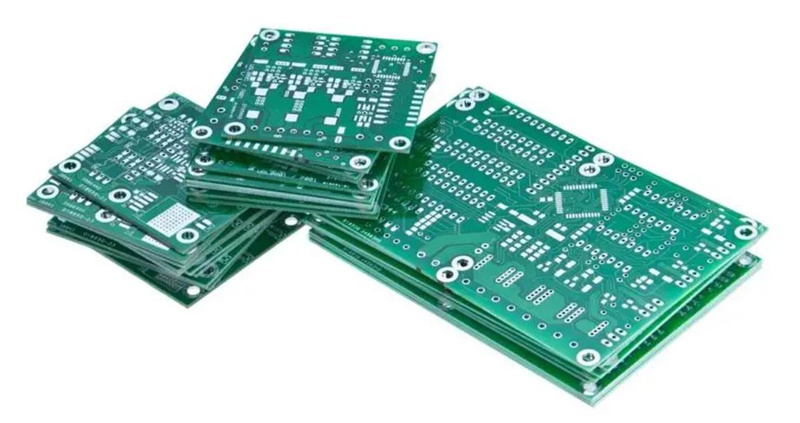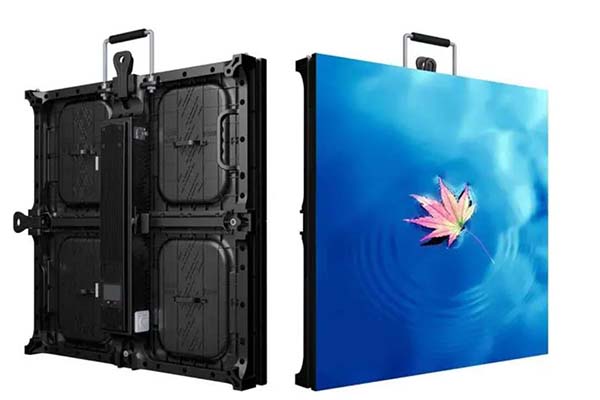As our electronic devices become more integral to our daily lives, we rely on them to work properly in a variety of environments, from dusty construction sites to rainy outdoor activities. To ensure that our devices continue to function no matter the conditions, manufacturers have developed various types of connectors with different levels of water and dust resistance.
Two of the most popular connector types are IP67 and IP68 connectors, which provide varying levels of waterproofing and dustproofing. In this blog post, we’ll take a closer look at these two connector types, the differences between them, and which one might be best for your device.
What is IP67?
IP67 is a rating given to connectors that are dust-tight and can withstand being submerged in water up to one meter deep for up to 30 minutes. This rating is commonly found in rugged electronic devices like smartphones, tablets, and smartwatches.
Characteristics of IP67 connectors
IP67 connectors typically have several characteristics that make them ideal for use in harsh environments. For one, they’re completely dust-tight, meaning that no dust or particles can enter the device through the connector. Additionally, they can withstand being submerged in water for a short period of time without damage.
Examples of devices that use IP67 connectors
IP67 connectors are commonly found in outdoor and rugged electronic devices. For example, the Apple Watch Series 6 uses an IP67-rated connector to allow it to withstand splashes and shallow water submersion. Similarly, Samsung’s Galaxy S21 Ultra smartphone uses an IP67 connector to make it dust and water-resistant.
What is IP68?
IP68 is a rating given to connectors that are dust-tight and can withstand being submerged in water up to 1.5 meters deep for up to 30 minutes. This rating is commonly found in high-end electronic devices like smartphones, cameras, and fitness trackers.
Characteristics of IP68 connectors
IP68 connectors have several characteristics that make them ideal for use in more extreme environments. They’re completely dust-tight like IP67 connectors, but they can withstand deeper submersion in water. Additionally, they’re often more impact-resistant than IP67 connectors.
Examples of devices that use IP68 connectors
Many high-end electronic devices use IP68 connectors. For example, the Sony Xperia 1 II smartphone uses an IP68 connector to make it water-resistant in up to 1.5 meters of water. The GoPro HERO9 Black camera also uses an IP68 connector, allowing it to be submerged in water without damage.
Differences between IP67 and IP68 connectors
While both IP67 and IP68 connectors offer varying levels of water and dust resistance, there are some key differences between the two.
Waterproofing capability
IP67 connectors can withstand being submerged in water up to one meter deep, while IP68 connectors can withstand being submerged in water up to 1.5 meters deep. This means that IP68 connectors offer better waterproofing capability than IP67 connectors.
Dustproofing capability
Both IP67 and IP68 connectors are completely dust-tight, meaning that no dust or particles can enter the device through the connector.
Submersion depth and duration
While IP67 connectors can only withstand being submerged in water up to one meter deep for up to 30 minutes, IP68 connectors can withstand being submerged in water up to 1.5 meters deep for up to 30 minutes. This makes IP68 connectors more suitable for use in deeper water or for longer periods of time.
Impact resistance
IP68 connectors are often more impact-resistant than IP67 connectors, making them better suited for use in environments where the device may be dropped or bumped.
Other factors to consider
When choosing between IP67 and IP68 connectors, there are a few other factors to consider. For one, IP68 connectors are often more expensive than IP67 connectors due to their more advanced waterproofing capabilities.
Additionally, you’ll want to consider whether the connector is compatible with the other components in your device. Some devices may require a specific type of connector, so it’s important to check with the manufacturer before making a purchase.
Finally, you’ll want to consider the overall cost of your device. If you’re working with a tight budget, an IP67 connector may be a more affordable option that still offers a good level of protection against water and dust.
Which connector is right for your device?
Ultimately, the type of connector that’s right for your device will depend on a variety of factors, including the environment in which you’ll be using it, the other components in your device, and your budget.
If you’ll be using your device in relatively shallow water or dusty environments and don’t want to spend too much money, an IP67 connector may be the way to go. On the other hand, if you’ll be using your device in deeper water or more extreme environments and can afford to spend a little more, an IP68 connector may be a better choice.
Conclusion
IP67 and IP68 connectors are both excellent options for protecting your electronic devices against water and dust damage. While there are some key differences between the two, ultimately the right connector for your device will depend on your specific needs and budget.
By considering factors like waterproofing and dustproofing capabilities, submersion depth and duration, impact resistance, and compatibility with other components, you can choose the connector that will best suit your needs and keep your device safe in even the harshest environments.
